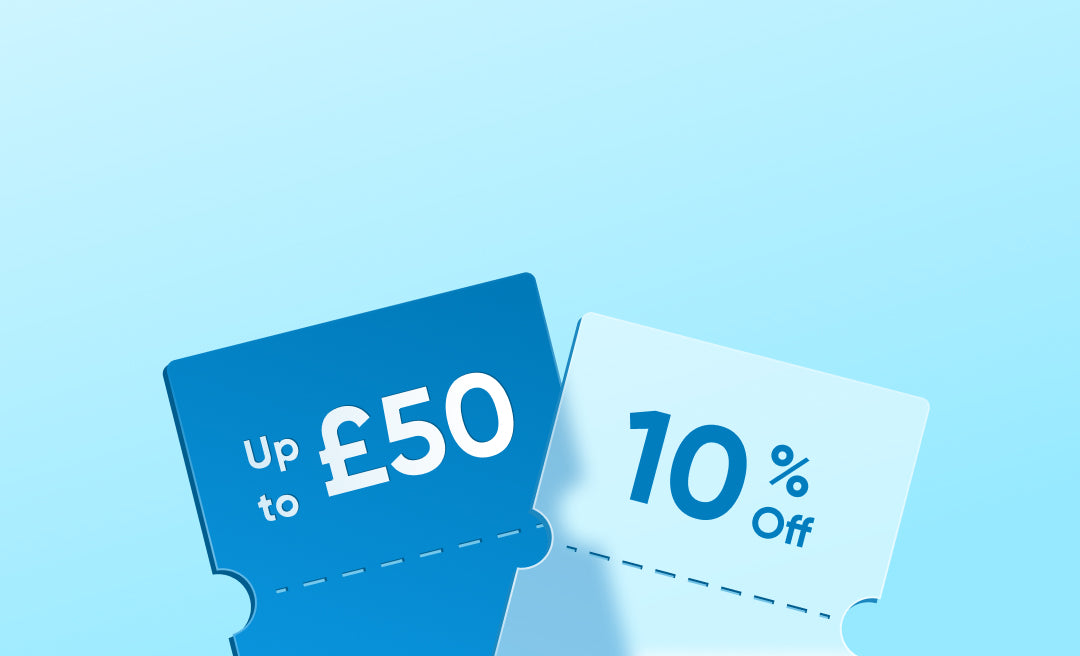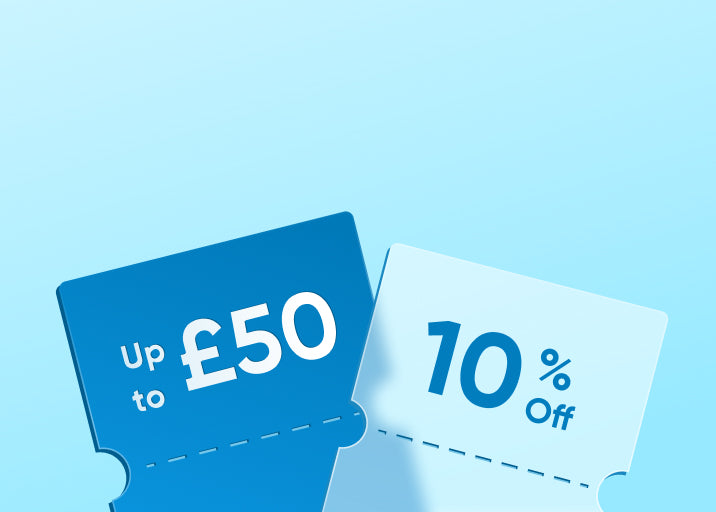It’s common to notice little red or white spots on your baby’s cheeks or chin in the first few weeks. This is usually baby acne, a harmless condition that often clears on its own. Still, it’s natural to wonder what’s behind it and if there’s anything you can do to help. Many mums also ask, does breast milk help baby acne? In this guide, you’ll learn exactly what baby acne is, what causes it, how breast milk might play a role, and other gentle remedies you can try to keep your baby’s skin comfortable.

What Is Baby Acne?
Baby acne, also known as neonatal acne, is a harmless and very common skin condition that many newborns develop in their first few weeks of life.
It usually shows up as small red bumps and, at times, tiny pus-filled spots on the cheeks and nose. You might also notice it on the forehead, chin, scalp, chest, or back. The spots can sometimes look more obvious when your baby is warm or crying, but they don’t cause pain or discomfort.
Around 1 in 5 newborns will have some form of baby acne, so you’re certainly not alone if you spot it. The typical signs are inflamed little bumps (papules) or pustules, but unlike teenage acne, blackheads don’t usually appear. If blackheads or more persistent breakouts show up after about six weeks (often between 3–6 months), this is called infantile acne, which can behave a bit differently.
Most cases of baby acne fade on their own within a few days to a couple of weeks, though some last up to a month. Because it almost always clears without treatment or scarring, gentle cleansing with warm water is usually all you need. If the spots appear after six weeks, seem severe, or you’re concerned, it’s always a good idea to check in with your GP or health visitor.
What Causes Baby Acne?
The exact cause of baby acne isn’t fully understood, but several factors are believed to contribute:
- Newborn hormones:In the final stages of pregnancy and the first few weeks after birth, hormone levels are naturally higher. These hormones can stimulate your baby’s oil glands, leading to excess sebum that clogs pores and causes breakouts. This is the most common reason spots appear around 2–4 weeks old.
- Skin irritation:Newborn skin is delicate, and everyday factors like milk or saliva left on the face, rough fabrics, or heavy, greasy skincare products can aggravate the skin and make acne more noticeable.
- Skin yeast (Malassezia):Some babies develop a similar rash called neonatal cephalic pustulosis, which looks a lot like acne. This is linked to a harmless yeast that lives on the skin and usually clears without treatment, though doctors may sometimes recommend a mild antifungal cream.
In most situations, baby acne is mild, temporary, and nothing to worry about. It’s mainly driven by natural skin and hormone changes early in life, sometimes with a role from skin yeast or irritation.
Does Breast Milk Help with Baby Acne?
There isn’t firm scientific evidence that breast milk can clear baby acne, but many parents do find it soothes redness and seems to calm flare-ups. This idea isn’t far-fetched—breast milk is naturally rich in antibodies and proteins such as lactoferrin and lysozyme, which have antimicrobial and anti-inflammatory properties. While it hasn’t been properly studied for baby acne, it’s generally safe to try and may provide some soothing benefits.
If you’d like to give it a go, here’s a gentle way to use it:
- Start with clean skin:After a bath or a quick wash with lukewarm water, gently pat your baby’s face dry.
- Apply expressed milkgently: Wash your hands, express a small amount of milk into a clean spoon or cup, and lightly dab it onto the spots using a clean finger or a cotton pad. Don’t scrub or squeeze, avoid the eyes and any broken skin, and let it air-dry.
- Keep it minimal:Once or twice a day is enough to see if it makes a difference. Stop if you notice any irritation or the acne seems worse.
For this remedy you’ll only need a small amount, so hand-expressing often works well. But if you’re already pumping for feeds, a wearable breast pump can make things easier and more flexible.
For example, the eufy Wearable Breast Pump S1 is an in-bra, lightweight, app-controlled pump with heated silicone (seven gentle heat settings) and hospital-grade suction, designed to keep milk flowing and help reduce clogs.
The eufy Wearable Breast Pump S1 Pro offers all the same benefits but adds a wireless charging case that lasts for five days, perfect if you need to express on the go or go back to work. These kinds of hands-free pumps are especially helpful if you want to build up a supply for bottles, manage engorgement, or simply make expressing part of a busy routine.
{{component:"product", handle:"t8d04321", sku:"T8D04321"}}
Other Remedies for Baby Acne
The best approach to baby acne is usually the simplest: keep your baby’s skin clean and let the spots run their course. Here are a few practical tips to help manage baby acne:
- Bathe your baby gently: Use warm water and a mild, fragrance-free baby soap to cleanse their skin. Bathing helps keep pores clear without irritating delicate skin. Daily baths aren’t necessary; 2–3 times a week is usually enough unless there’s a mess to clean up.
- Avoid scrubbing or popping spots:Always be gentle when washing or applying anything to your baby’s skin. Scrubbing or squeezing can cause irritation, scarring, or infection.
- Prevent scratching:Keep your baby’s nails trimmed and consider using soft mittens to stop them from accidentally scratching their skin.
- Wipe away residue promptly:Clean milk, food, or vomit from your baby’s face as soon as possible to avoid further skin irritation.
- Avoid heavy lotions or oils:These can clog pores and worsen acne. Use only light, fragrance-free moisturisers made for sensitive baby skin, if needed.
- Skip adult acne products:Over-the-counter acne washes and spot treatments aren’t made for newborn skin and can irritate or sting. Only use medicated treatments if a clinician specifically recommends them for your baby.
Always seek medical advice if the spots seem painful, look infected, spread quickly, or last for several months. Your GP or health visitor can confirm whether it’s baby acne and give reassurance about next steps.
Conclusion
Baby acne is a common, harmless skin condition that usually clears with time and gentle care. While some parents find breast milk soothes the spots, there’s no strong evidence that it cures them. If you’re wondering does breast milk help baby acne, the answer is that it might calm irritation, but patience is often the best remedy. Keep skincare simple, avoid harsh products, and reach out to your GP or health visitor if you’re worried. With the right approach, your baby’s skin will almost always settle on its own.
FAQs
Does breastmilk help get rid of baby acne?
Breastmilk contains natural antibodies, lactoferrin, and fatty acids that have gentle antimicrobial and anti-inflammatory properties. These may help soothe baby acne, though strong scientific proof is limited. Since baby acne is harmless and usually clears on its own within a few weeks, using breastmilk can be a natural, gentle option, but it’s not guaranteed to speed up recovery.
Can I put breast milk on my baby’s face?
Yes, it’s generally safe to apply breast milk to your baby’s skin, including their face. Breast milk contains natural antibodies and antimicrobial properties that may help soothe skin irritation. If your baby has sensitive skin or baby acne, gently dabbing a small amount of breast milk using a cotton ball or clean finger might provide some relief. However, if you notice any signs of irritation or if the condition worsens, it’s best to stop using it and consult your baby’s healthcare provider for further advice.
Can breast milk clear baby skin?
There’s no scientific evidence that breast milk clears baby skin, but it may be worth trying as a gentle, low-risk remedy. You can apply a small amount directly to your baby’s skin or add expressed milk to their bath. While baby acne typically resolves on its own, breast milk’s natural properties may help soothe irritation.
How do you clear up baby acne?
Baby acne usually clears up on its own, but gentle care can help speed the process. Wash your baby’s face daily, alternating between plain warm water and a mild, moisturising baby soap. Always pat the skin dry instead of rubbing. Avoid scrubbing, squeezing, or picking at the acne, as this can lead to irritation or infection. Also, skip lotions, oils, or ointments, which can clog pores and worsen breakouts. When in doubt, check with your paediatrician.













